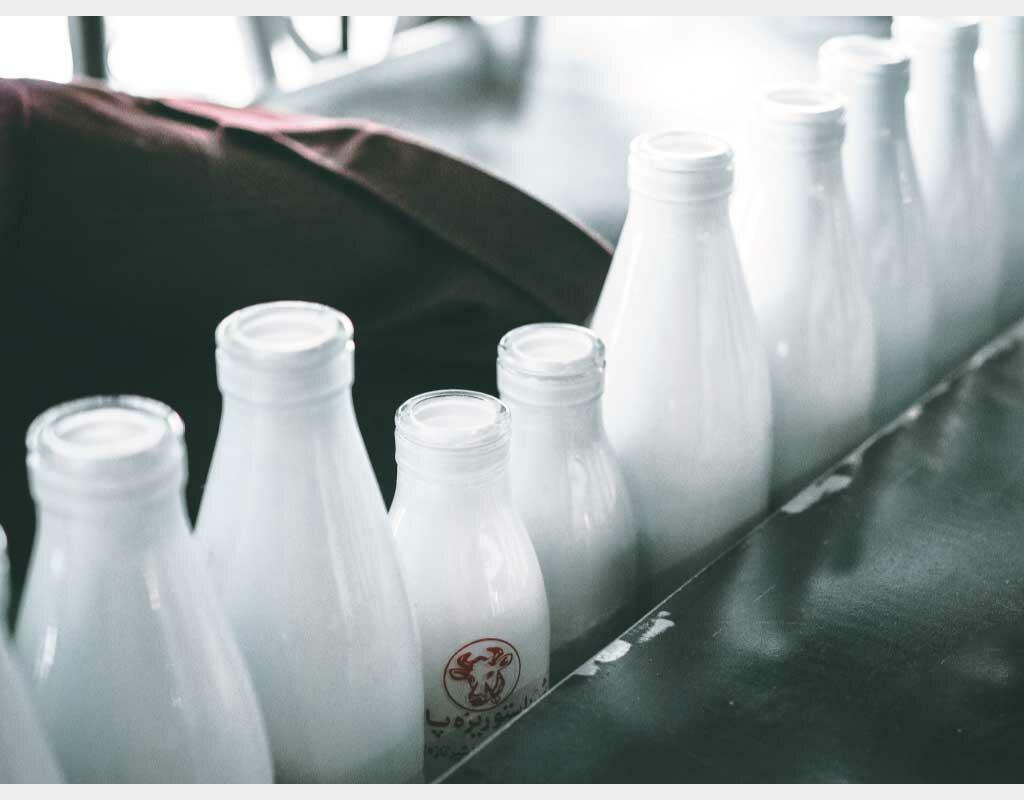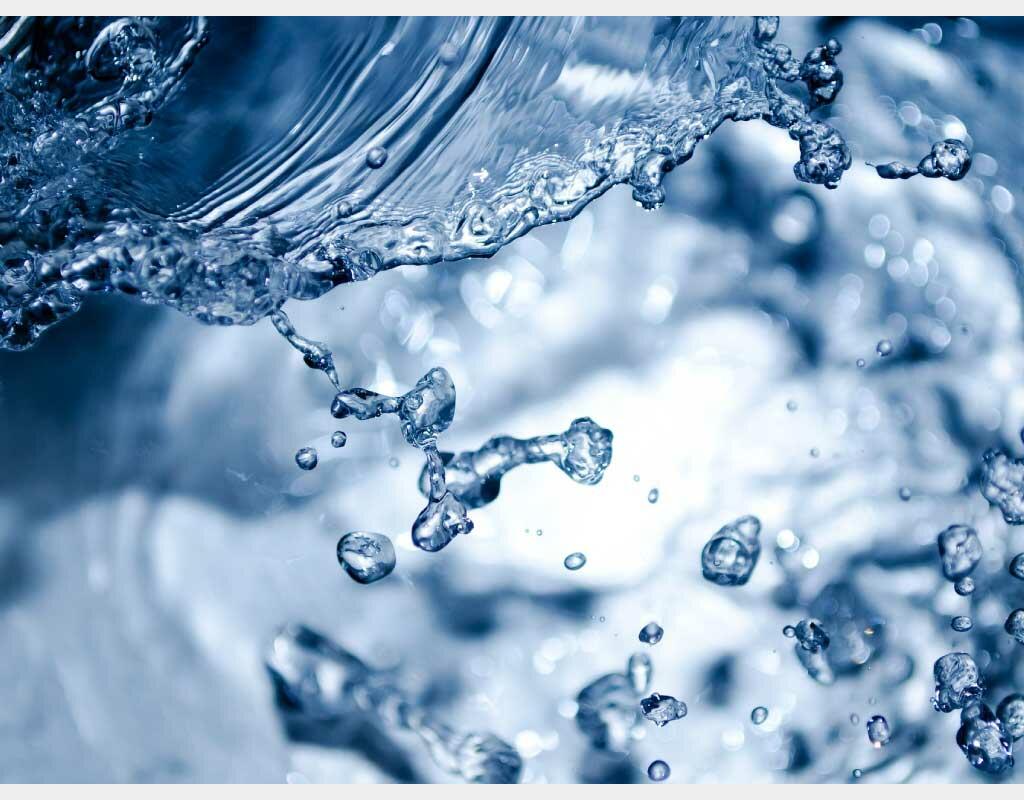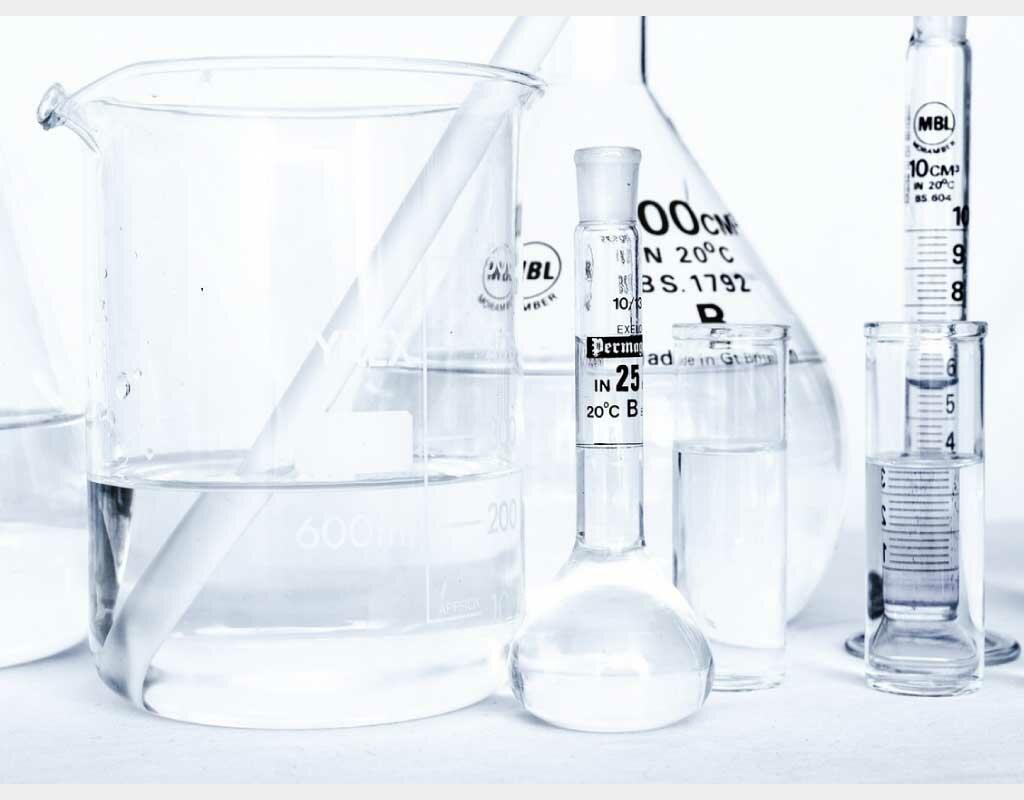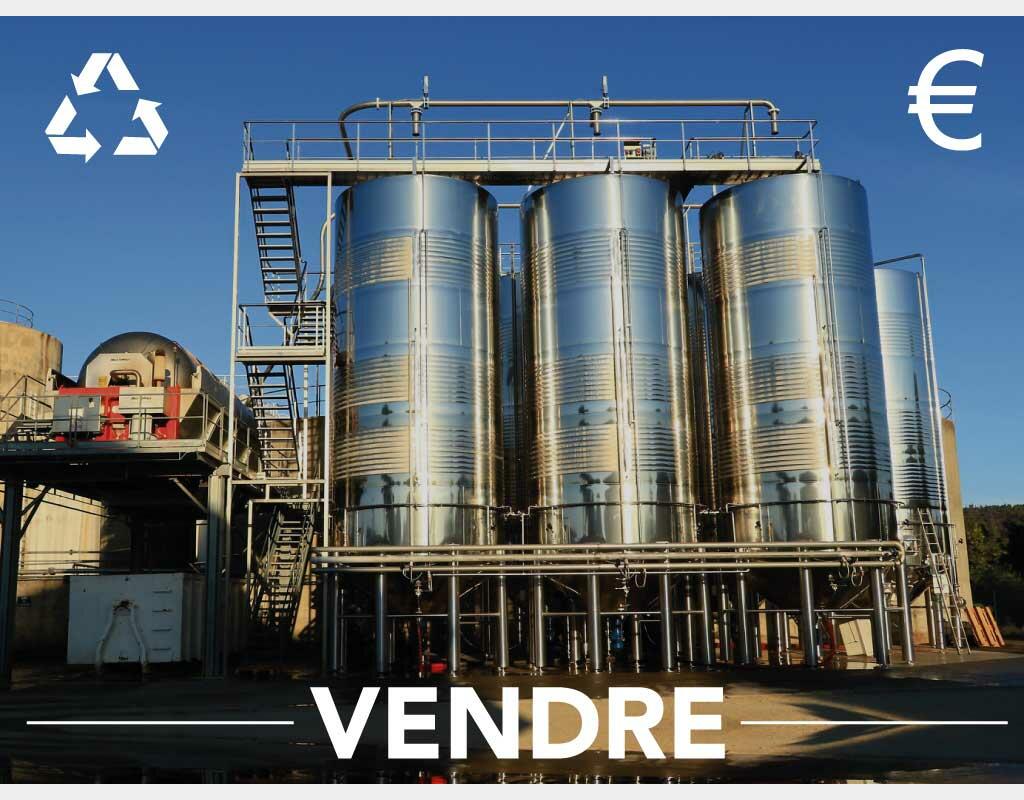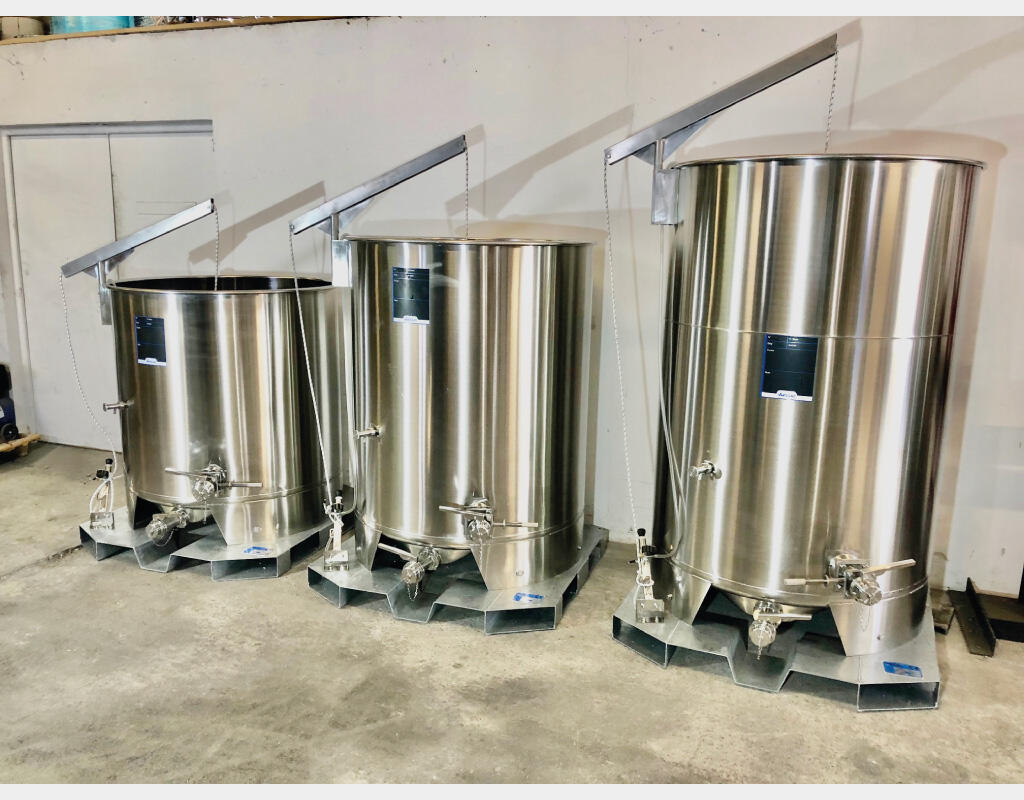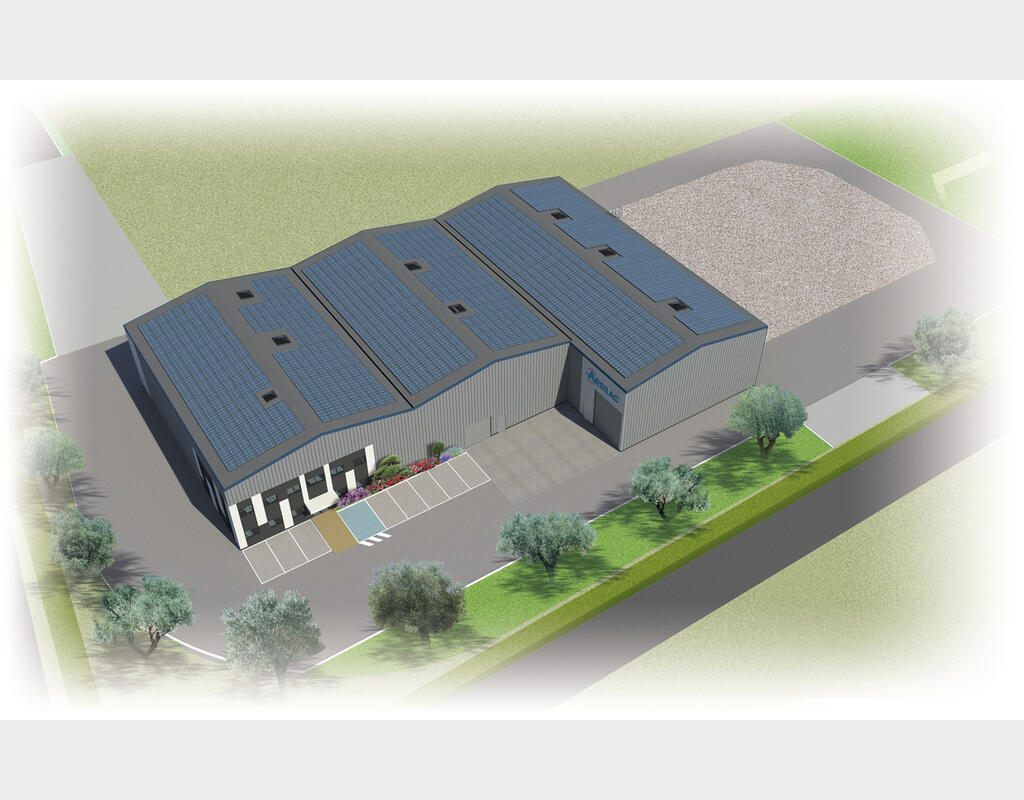Durability and recycling of stainless steel tanks
Environmental protection and industrial sustainability
In a world where environmental preservation and industrial sustainability are major concerns, the durability and recycling of stainless steel tanks play an essential role. These key elements not only reinforce environmentally responsible practices, but also ensure the continuity of industrial operations. This article explores in depth the importance of these aspects and how they correlate closely with environmental preservation and industrial sustainability.
The environmental footprint of stainless steel tanks
Stainless steel tanks play a vital role in modern industrial operations, but their environmental impact is a growing concern. By adopting a sustainability approach, these tanks minimise their environmental footprint thanks to their longevity, high recyclability and contribution to waste reduction.
Durability and resistance
Stainless steel tanks are exceptionally durable. Their robust construction enables them to withstand the most demanding industrial conditions, reducing the need for frequent replacement. This intrinsic longevity considerably reduces the consumption of resources and energy required to manufacture new tanks.
Exemplary recyclability
One of the most remarkable features of stainless steel tanks is their extensive recyclability. At the end of their useful life, these tanks can be efficiently recycled, minimising the waste of precious materials and the demand for raw materials. This process contributes directly to reducing CO2 emissions and conserving natural resources.
Waste reduction and operational efficiency
Stainless steel tanks embody the future of sustainable industrial operations. Their longevity, recyclability and ability to minimise waste make them key players in the transition to a circular economy. By adopting these environmentally-friendly practices, companies can not only reduce their impact, but also improve their operational efficiency and brand image.
Towards a more sustainable industrial future
Stainless steel tanks embody the future of sustainable industrial operations. Their longevity, recyclability and ability to minimise waste make them key players in the transition to a circular economy. By adopting these environmentally-friendly practices, companies can not only reduce their impact, but also improve their operational efficiency and brand image.
Industrial sustainability and social responsibility
Industrial sustainability involves not only long-term profitability, but also social responsibility. Companies that incorporate sustainable practices, such as the use of durable and recyclable stainless steel tanks, gain the confidence of environmentally conscious consumers. This can open up new business opportunities and strengthen the company's reputation as a player committed to the well-being of the planet.
Economic and competitive advantages
In addition to the environmental and social benefits, durable stainless steel tanks also offer economic and competitive advantages. Increased sustainability means reduced costs associated with frequent tank replacement. What's more, by promoting their sustainable practices, companies can attract a broader and more loyal customer base, which strengthens their position in the market.
Sell your tank or cistern directly online
Selling used storage tanks used for storing or processing materials can offer many advantages to owners of unused or surplus tanks. Here are some of the most significant benefits when it comes to reselling your used storage tank.
- Additional income
The sale of a used tank can generate additional income for the owners, whether a company or an individual. Stakeholders can thus recover part of their initial investment. - Save space and reduce storage costs
Unused used tanks can take up valuable space in warehouses or facilities, while incurring rental and insurance costs. By disposing of them, owners can free up space for other uses and make savings.
- Ecological aspect
Buying second-hand tanks can benefit the environment by allowing other companies to reuse these tanks rather than manufacture new ones. Rather than opting to buy a new water recovery tank, reusing a used water recovery tank is often a wiser choice for this type of use. - Market stabilisation
The sale of second-hand metal, stainless steel or polyester tanks can help to balance the market by providing companies in need with affordable, quality tanks, particularly when it comes to the use of water recovery tanks.La vente de citernes métalliques, en acier inoxydable ou en polyester d'occasion peut contribuer à équilibrer le marché en fournissant aux entreprises qui en ont besoin des citernes abordables et de qualité, notamment en ce qui concerne l'utilisation des citernes de récupération d'eau.
→ Make a buyback proposal directly online
FAQ on the durability and recycling of stainless steel tanks
Q1 : Why are stainless steel tanks considered durable ?
Stainless steel tanks are durable due to their resistance to corrosion and mechanical damage, which extends their lifespan and reduces the need for frequent replacement.
Q2 : How does recycling stainless steel tanks help the environment ?
Recycling stainless steel tanks reduces the demand for new materials, saving natural resources and reducing the carbon emissions associated with production.
Q3 : Are recycled stainless steel tanks as efficient as new ones ?
Yes, recycled stainless steel tanks retain the same properties and characteristics as new ones, making them a reliable choice for a variety of industrial applications.
The durability and recycling of stainless steel tanks are fundamental pillars of environmental preservation and industrial sustainability. By choosing these practices, companies are demonstrating their commitment to a greener, more sustainable future. By investing in solutions that reduce environmental impact while strengthening their competitive position, they are creating a win-win balance.
#industrial sustainability #responsible recycling #sustainable stainless steel

